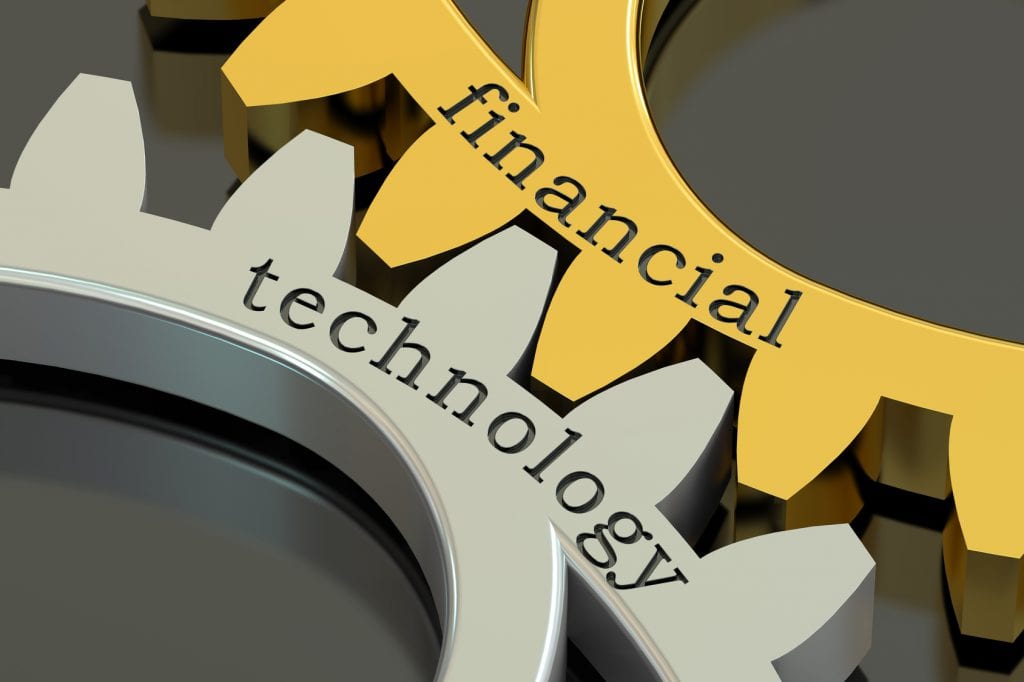Cyberattacks on the country’s largest banks, from JPMorgan Chase & Co. to Bank of America Corp., grab the headlines. But the Federal Reserve Bank of Boston and other regulators worry that smaller banks, with less robust cybersecurity, provide easier targets for criminals, terrorists, and foreign states seeking to infiltrate the US financial system.
Banks are so interconnected, doing business with each other and interacting with the Federal Reserve, that an attack on a community bank could eventually infect larger banks, spreading like a virus and threatening the stability of and confidence in the banking system. Numbering in the thousands across the country, small banks don’t have the resources to hire armies of technology experts and spend millions for the most sophisticated software to thwart cyber threats.
While banks and credit unions of all sizes are vulnerable to hackers, smaller institutions typically have smaller IT teams with more limited resources to manage their networks and battle hackers. However, these financial institutions often have other resources at their disposal, namely their core, channels, and other fintech providers. These partners typically have applications and professional services teams available to help thwart hackers. And with hacking and other nefarious activities likely to increase in this period before widespread adoption of EMV, FIs should make conversations with their technology partners about hacking, cyber threats, and system security a high priority.
Overview by Ed O’Brien, Director, Banking Channels Advisory Service at Mercator Advisory Group
Read the full story here
